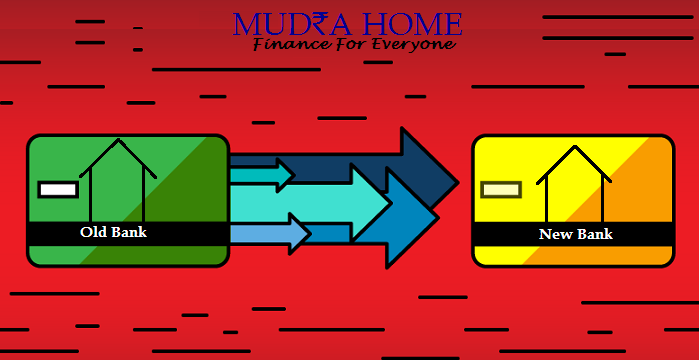
A lifetime dream or an emergency can put any of us in a situation where you need to step in the premises of Bank or NBFC to arrange for the required financial aid. This financial aid will provide you with a financial plan for your business, security as a home or any other purpose. You may have to bear the burden of this financial help for the next few years of your life. But what after paying your complete debt? Still, there are certain formalities that you have to complete and be assured that you are free from everything.
You may not prefer to visit the branch of the Bank/ NBFC once you repay your home loan completely. But this may not be the only reason why the borrower should complete the loan closure formalities with a great conscience as soon as possible. Mr.Gaurav Gaur, an expert from Mudrahome advise you not to rest until you are done with the completion of the tasks mentioned below because only after performing the following tasks you will have the legal ownership over the property.
Ask for the possession of all the papers
At the time of borrowing the loan the lender keeps all the original property documents, including the sale deed and the conveyance deed with them and issue you a paper listing the submitted documents. At the time of complete repayment, the borrower must ensure that you personally go and collect these highly sensitive documents personally rather than the bank sending them to the borrower by post. The borrower must make sure that the papers you had submitted are received and nothing is missing in between.
It is important to keep in mind that your lender will ask you to sign on a document of acknowledgment that states that you have received all the documents from the lender’s side. So, before you sign the acknowledgment for any document please do a double check of the papers, to avoid the headache of going to the Bank/ NBFC’S premises again in case of any missing document.
After receiving the complete set of original documents, you should ask for a no-dues certificate. This legal document is known as a NOC (no-objection certificate) and this helps you to understand that you have repaid the whole amount, and do not owe anything of the lender. Banks/ NBFC’S are instructed to send this paper to you by post, but Akhil Jain advises you to visit your branch personally and collect the NOC document yourself.
Before stepping out of the Lender’s premises make sure that this paper is duly signed and stamped with the lender’s seal.
Now after completing the above formalities it’s your Bank/ NBFC’S duty to inform the CIBIL about the closure of the loan account and update your credit report. However, they might not be in a hurry to do so as they are done doing business with you. However, in case you need to apply for another loan in the future or a credit card for that matter, your new Bank will assess your CIBIL report before granting you the loan or the credit card. This is why it is important that your latest credit report must be updated and reflect the closing date of your home loan.
You need to understand that the updated credit report will start showing your current status within 60 days of the loan closure.
In case of a weak credit score, your lender might have created a lien on your property. This clearly means that you are restricted to sell the property before you clear the dues. The lien is a legal document and the bank officials have to accompany you to the registrar’s office to get it withdrawn from your property. It is important that you complete the process with the utmost urgency. This process might take a week or so to get completed.
Now because the lien on your property is evacuated, you will need to apply for an encumbrance certificate at the sub-registrar’s office. This final document will be a record of all financial transactions over a property. This legal document will certify that you do not officially owe the bank now. An encumbrance certificate is a guarantee that you own the property legally.
